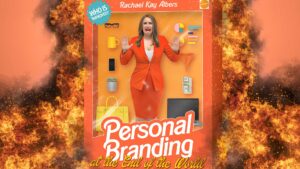I can pinpoint the exact moment in my childhood when Christmas lost its magic.
And, no, it wasn’t when Julie Jacoby confessed how she caught her daddy downing Santa’s cookies, crying as she munched the boogers at the end of her mitten.
It was years before, when my parents volunteered our family to deliver gifts “to the less fortunate” on the behalf of our wealthy suburban church. I must have been only four or five years old. A hazy memory now — all that remains of that moment is the faint sensation of tightness in my chest, as Dad shoved me through the door of a strange apartment to thrust shoeboxes full of socks and toothpaste towards kids who looked just like me.
“Tell them MERRY CHRISTMAS,” Dad whisper screamed in my little ear.
Merry? I thought.
Ain’t nothing merry about a box full of toothpaste when you’re five years old and every TV channel vibrates with promises of the plastic treasures Santa Claus will bring, if only you’re “good” enough.
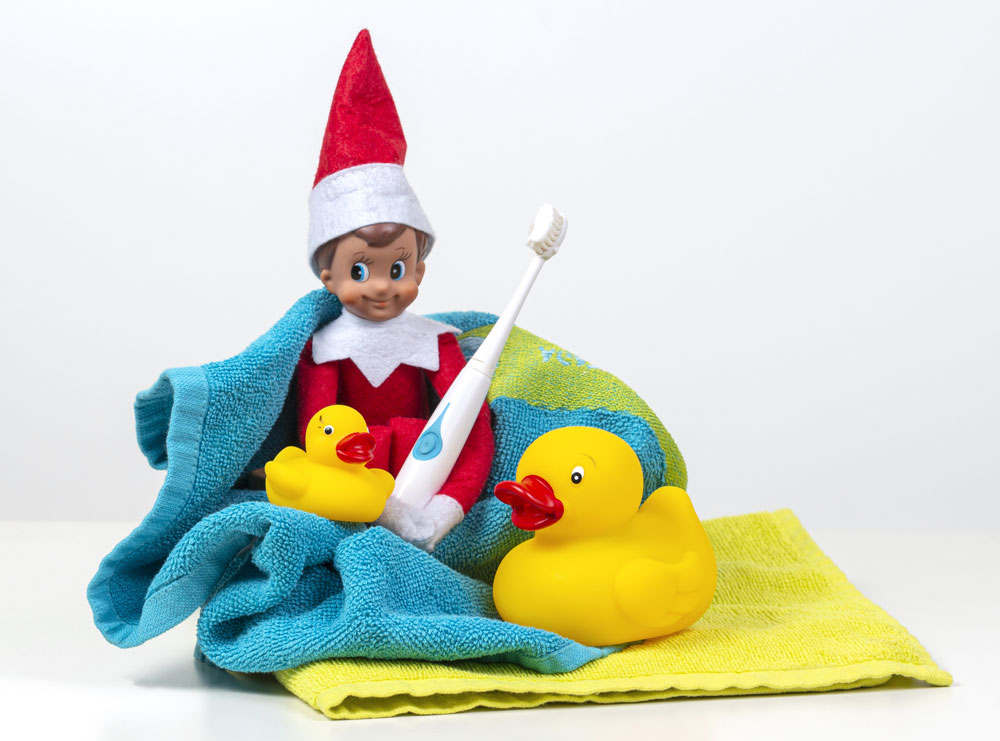
“Why are we bringing them presents? Doesn’t Santa do that?” I had asked Dad, as we climbed the stairs with our shoeboxes.
“Because these kids aren't as lucky as you, Rachael." He responded impatiently, like it should be obvious. "You have a warm roof over your head. And lots of presents under the tree.”
This was the first time I learned that other kids didn't experience Christmas like I did.
And it made absolutely no sense.
Lucky? I thought.
What’s luck got to do with it?
The rules of Christmas, as explained to me meticulously through York Peppermint Patty ads and primetime specials, were plain as day:
Be good = get presents.
“Are these kids BAD, Dad?” I can’t ever remember calling him Daddy.
“DO YOU WANT A THIMBLE PIE?” He responded, fingers already at my temple. For the uninitiated, a modern “thimble pie” is when you thwack your thumb and middle finger against a naughty child’s forehead. (Maybe this explains the whole Daddy thing.)
He didn’t answer my question.
He just created more — questions I kept quiet because I was not hungry for another helping of thimble pie.
If these kids weren’t BAD, then they must really love toothpaste, I rationalized to myself.
But something felt off.
That feeling persisted when we got back to school and swapped stories, between mittenfulls of boogers, of what Santa left under our respective trees.
I got a microphone that lit up when you sang into it. Jessica King got pens with erasers on the ends. And kids in apartments got…toothpaste?
Santa must measure goodness on a sliding scale and gift accordingly? Follow the logic and, well, you’ve just taught your kindergartner about meritocracy.
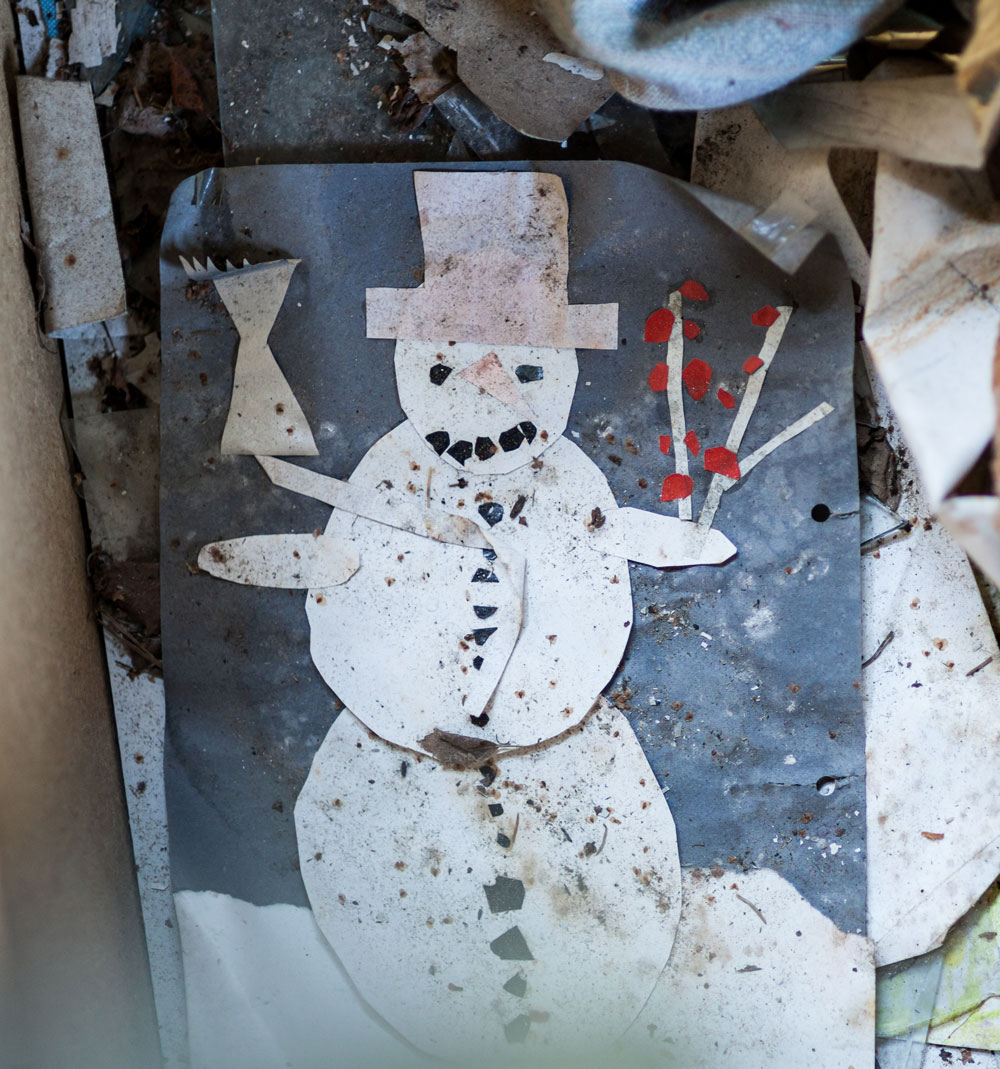
Rich people have more stuff because they’re good. Poor people have less stuff because they’re bad. Santa said so.
Ahhh, the magic of Christmas.
Though the church has rebranded the program now, at the time these toothpaste shoeboxes were called “White Gifts” and boy, if that’s isn’t a fitting name.
Every year, the sanctuary would fill with hundreds of minty white gifts to be heaved up apartment steps towards kids who were too naughty/unlucky for microphones — or warm houses, it seemed.
No one else seemed to question the logic — perhaps also for fear of the dreaded thimble pie.
Or maybe because that’s the point of Christmas in a commercial world.
To normalize inequality. To explain away poverty as a result of moral failure. To prime the next generation of Santa’s helpers.
At the very least, it’s certainly how St. Nick earned his unofficial title as “the Patron Saint of Capitalism.”
Each year we do his bidding — bringing “magic” to little girls and boys in the form of maxed out credit cards and violent quests to seize the last Cabbage Patch Kid on the shelf, COME HELL OR HIGH WATER.
“OUTTA MY WAY, GRANNY. MY KAREN HAS BEEN GOOD THIS YEAR AND SHE IS GETTING A SACK FULL OF BRANDED VINYL, WHETHER YOUR HIP LIKES IT OR NOT.”
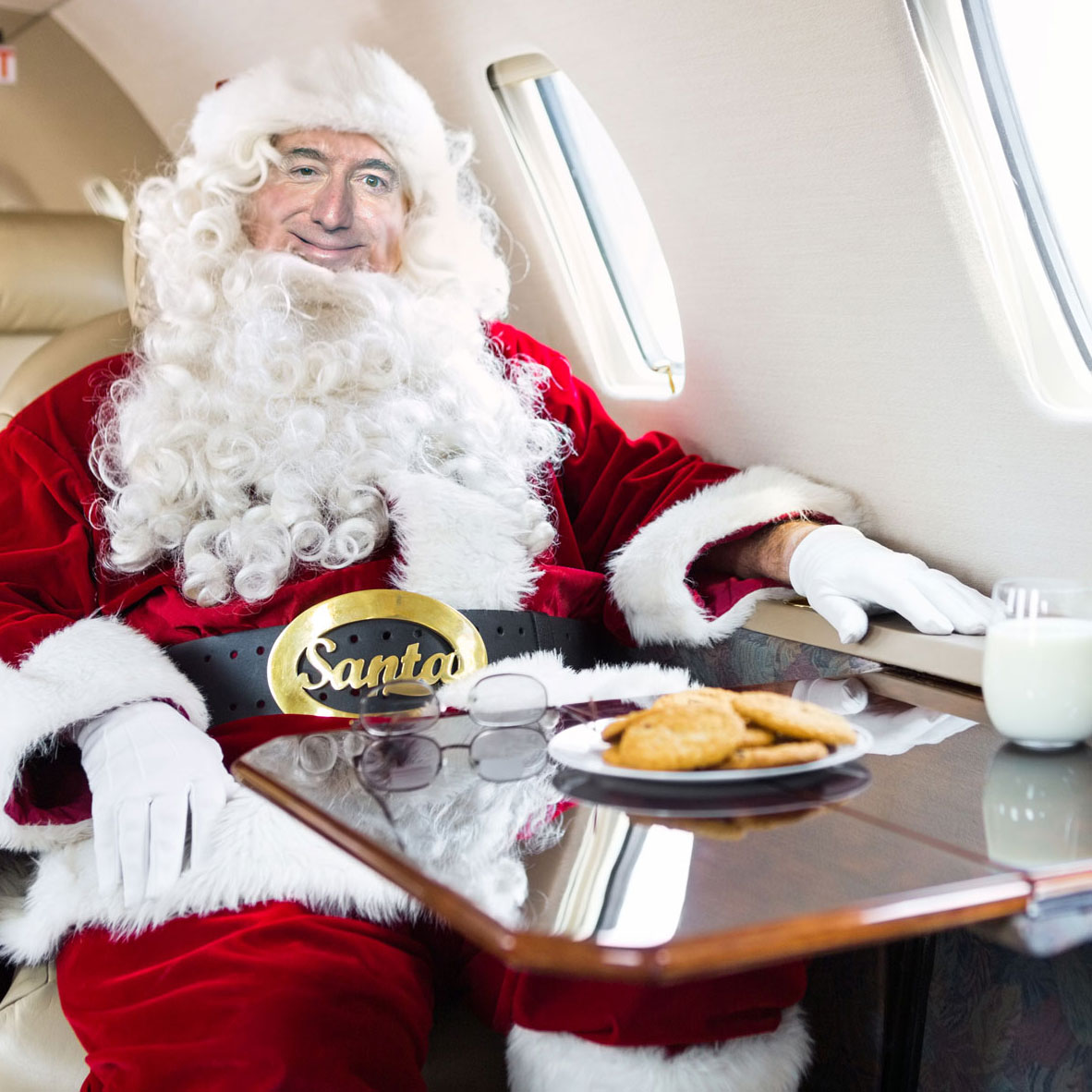
Marketers made us believe that “magic” was synonymous with debt and despair.
Initially, I felt calling Santa the “Patron Saint of Capitalism” was a wee bit too generous in this context — a more accurate, less romantic title being “Brand Mascot” — but research tells us the vast majority of non-Christian Americans still celebrate Christmas as a “cultural” event.
Christmas is a religious holiday, alright.
Where we all — regardless of our faith — worship at the altar of capitalism.
And Saint Nick, like Saint Ronald McDonald, exists to do one thing and one thing only.
Start ‘em young.
Just as McDonald’s hopes that kids rewarded to Happy Meals will grow up to be devout consumers, returning weekly to receive their drive through communion, marketers hope that kids who associate mountains of plastic with the “magic” of the season will grow up to be zealous Christmas shoppers.
Bonus!
These same kids, trained to ignore the disparity of Santa’s bounty between classmates, won’t bat an eyelash as adults when faced with the facts of an ailing planet and its people.
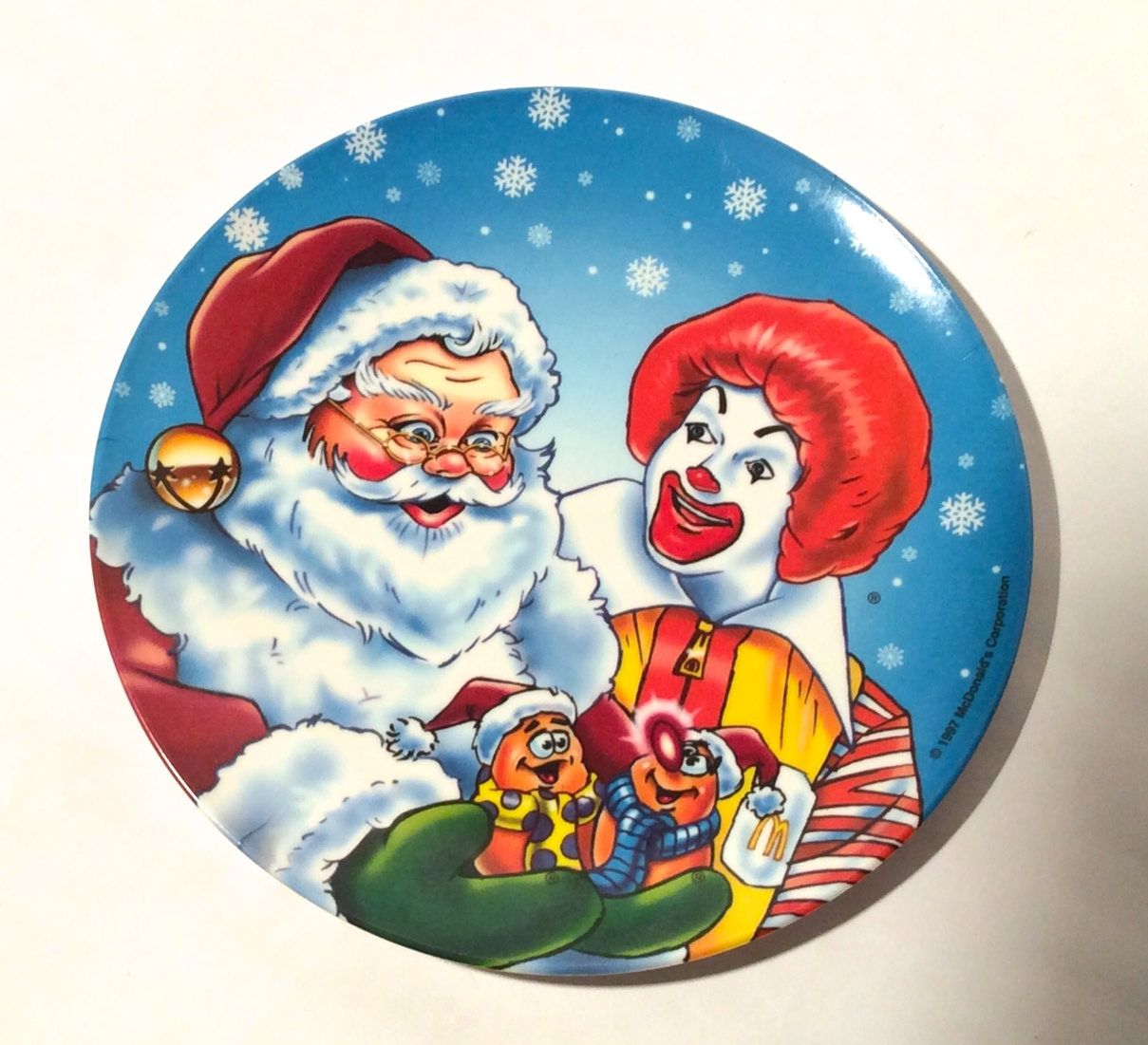
Remember!
Rich people have more stuff because they’re good. Poor people have less stuff because they’re bad. Santa said so.
You’d think that the church would see the blatant hypocrisy in lauding Santa as the embodiment of “the spirit of Christmas” — a holiday celebrating a holy baby who brought love and peace to all people, when in Santa’s book, only “do gooders” are worthy of reward.
But, in my church, and many others, Santa Claus was/is written off as nothing more than a mere “idol” getting in the way of the baby’s birthday.
Capitalism itself remains immune from criticism. Worse, it’s positioned as an extension of the baby Jesus’s plans for the world.
You know how it goes...
“For God so loved the world, he gave them 50% off.” - Bezos 3:16
Something like that?
After a weekend of Christmas shopping that left me feeling anxious and depressed, I woke up today, in the spirit of my last few posts, wondering, “What is Santa doing to us?”
He’s teaching generations of children who grow up to become adults who vote, that good things happen to good people, who also happen to be rich — and “bad” people, who happen to be poor, should be grateful for a shoebox of toothpaste.
Santa didn’t bring us Build Back Better this year because the “naughty” ate too much avocado toast, abused welfare checks, and selfishly sought out student loans.
Using this logic, poverty is the “thimble pie” the poor brought on themselves.
In this way, I guess Santa Claus truly is magical. In one night, he manages to visit every house in the nation, but he does more than leave gifts — he robs us of our humanity.

p.s. Dad, if you're reading this, I got you toothpaste for Christmas. You're welcome!
p.s. Sick of business newsletters that have all The Answers™? Well, I've got nothing but questions. For more marketing muckraking and brand strategy gone wild, sign up for my emails here:
If you liked this, read on:
In many ways, it seems easier to become a “personal brand” version of yourself than to be yourself. Brands are built on simplicity. A “good”…
Read More...Rebrand TOO MUCH to SO MUCH. Instead of saying, “She’s TOO MUCH,” say, “She’s SO MUCH.” You’re welcome. Lessons on burning it all down…
Read More...In 2021, I started a business / art experiment called FREE SCHOOL. I didn’t know at the time that this school would teach me to free myself. What happens after you burn it all down?
Read More...